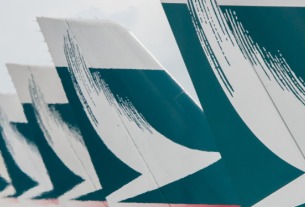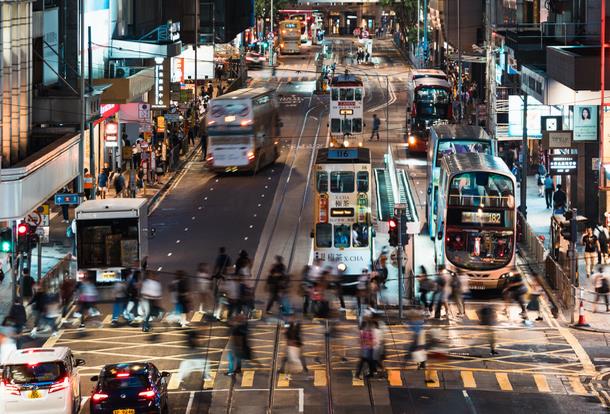Dramatic changes in consumer behavior during the coronavirus pandemic have been hurting companies’ profits and sales. One of the most troublesome new consumer behaviors is engaging in short bursts of booking travel online.
McKinsey & Company has been studying travel search and booking data to detect patterns. The consultancy believes that nimble suppliers and resellers will gain if they adopt more nimble marketing and pricing strategies to cope with the new realities.
“We’ve seen sudden shifts in consumer sentiments about the attractiveness of different destinations based on new information,” said Nina Wittkamp, a Munich-based expert associate partner for McKinsey. “We’ve seen literally overnight jumps in booking volumes when governments lift pandemic restrictions affecting travel to popular destinations.”
“Any changes in travel restrictions, whether it’s lifting or reimposing quarantines, travel bans, etc., can move consumers — who have a lot of pent-up demand,” Wittkamp said.
BURSTS IN BOOKING
McKinsey isn’t the only company to see the pandemic’s imprint on consumers’ spontaneous travel search behavior. Aviasales, an online travel group that serves Russia and other neighbors and Central European countries, has seen similar bursts of booking behavior.
On July 24, Russian Prime Minister Mikhail Mishustin said that international flights could once again operate from airports in Moscow, St. Petersburg, and Rostov-on-Don. Within an hour after the announcement, the number of search queries on Aviasales rocketed, with interest in Turkey tripling. The U.K. rose by five times, and interest in Tanzania increased by 70 times.
FANNING THE FLICKERS OF OPTIMISM
“The prices that consumers have been clicking to book have still been relatively high, on average, even if down somewhat, year-over-year,” Wittkamp said. “In many European countries, you still have job protection programs or high disposable income or income supplements. So the willingness to pay for a trip is still there because they want to treat themselves.”
McKinsey looked at many markets worldwide. It found that it might prove a real competitive advantage for a company to spot periodic bursts in bookings and react fast.
“We’ve seen some of the low-cost carriers in Europe and the U.S., for example, take some signals they heard in the market and then launch more service on more routes faster than their legacy competitors,” Wittkamp said. “That could pay off for them. Other travel sector players could learn from that.”
Read original article




